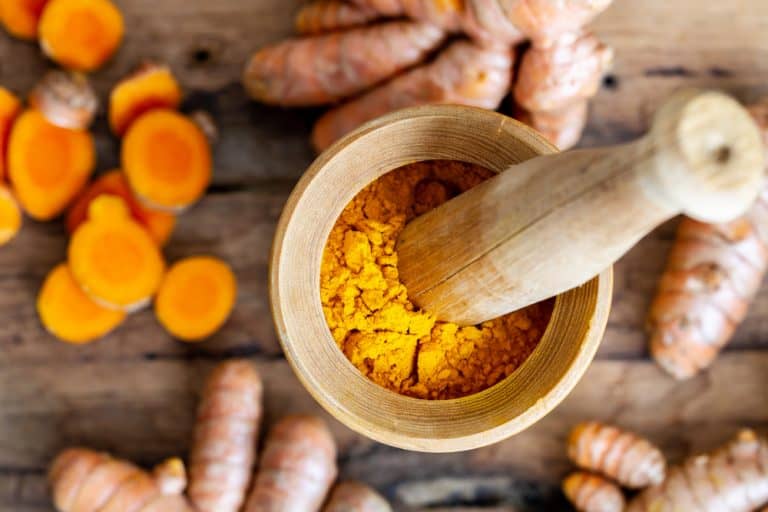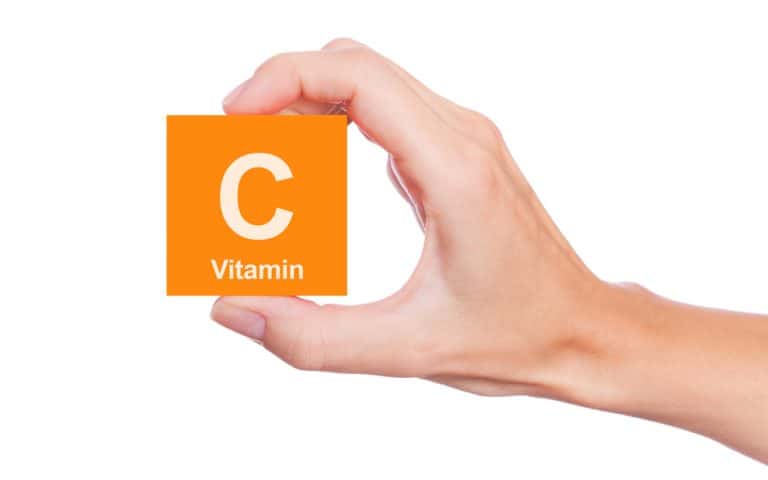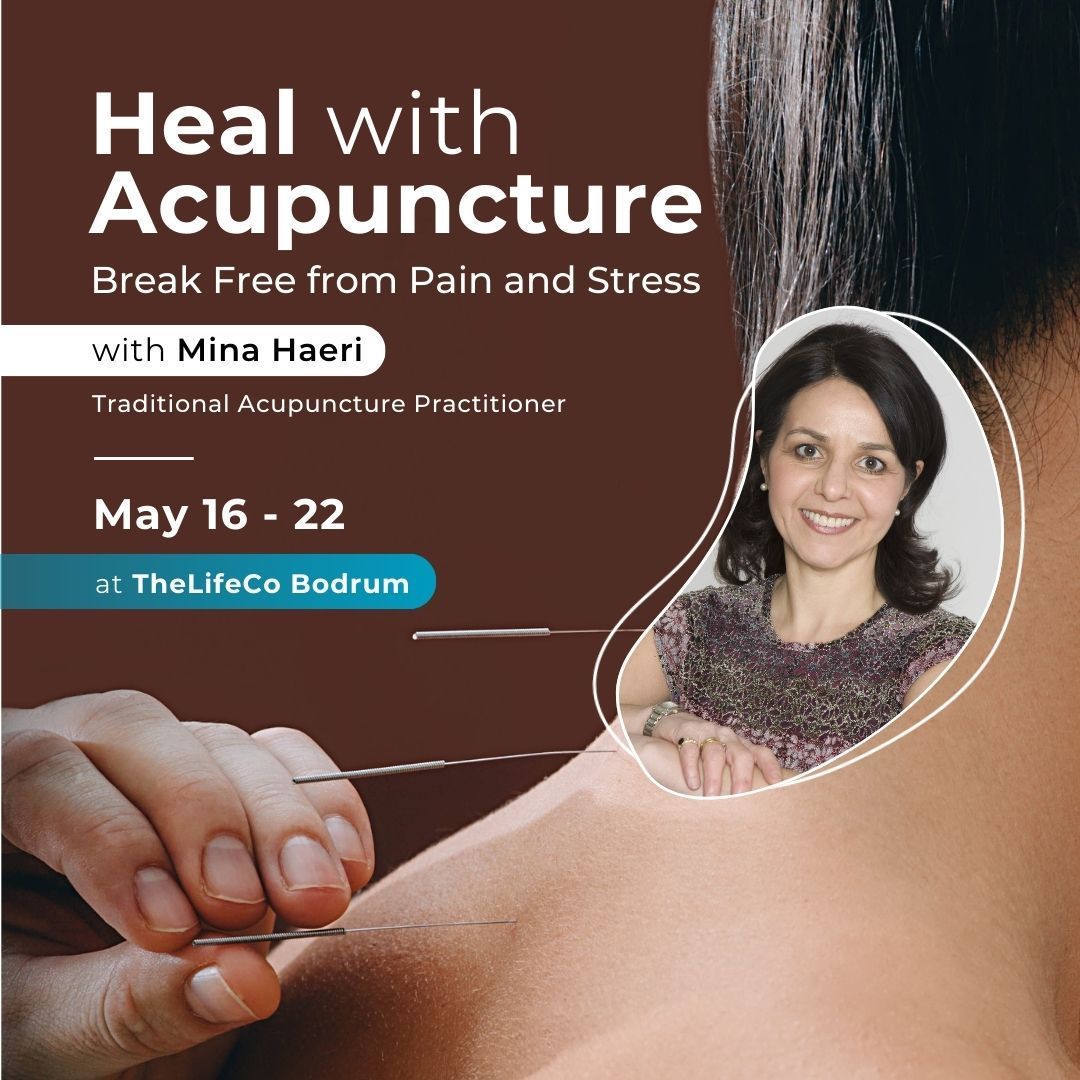The ultimate goal of The LifeCo is to help us become the highest form of ourselves; happy, healthy, and balanced. However, when we get sick, we tend to feel our lowest—tired, weak, and can even feel lost. This article will talk about how to prevent and care for a cold or flu. Firstly, let us dive deeper into what the common cold and flu are.
What Causes Common Cold/Flu?
The common cold is also called “Rhinovirus” and can be transmitted through an infected person’s cough, sneeze, or even speech (Common Cold – Symptoms and Causes). It enters the body through the mouth, eyes, or nose.
Common cold symptoms include:
- Itchy throat
- Congested nose
- Ear infections
- Cough
- Sweating
Most people recover from colds within a week to 10 days (Health, 2020).
The main difference between cold and flu symptoms is that flu more commonly includes fever. The fever can be 100 degrees Fahrenheit (or higher) and last for 3-5 days. The extreme fatigue associated with flu can continue for weeks. Cold symptoms are generally milder and last about 1 week.

5 Natural Cold Remedies
When we have cold or flu and feel miserable due to symptoms, it’s irresistible to take an over the counter medicine to feel relieved of cold symptoms, but you should think twice! Reducing the amount of foreign chemicals and toxins in our bodies is vital for our well-being. Ingredients like acetaminophen found in over the pain relievers and fever reducers like Tylenol can be very harmful to our liver (Limited Knowledge of Acetaminophen in Patients with Liver Disease, 2016) and may weaken our immune system.
Natural remedies not only help to relieve cold symptoms, but also boost our immunity. Our immune system can be an important contributing factor in assessing our risk for contamination (Goldrick, 2004). A body detox can help, however, by cleaning out the toxins that cause the virus to build up in the first place. The quicker you rid your body of the harmful substance, the quicker you will get better.
1) How A Detox Can Help Prevent a Cold/Flu
Even if we can fight off the cold or flu, it may cause you to miss school, work, time with friends/ family, and more. So how can a body detox help you? Well, first off, it can help to prevent you from getting the flu in the first place! A detox can result in a healthier body with a stronger immune system. If you already have the flu, it can help you rid your body of the virus much quicker.
A detox can also be used to help reduce the effect of medication used during a cold/flu so that the immune system will not be further weakened. In addition to doing a detox, you may also want to consider the following options:
2) Probiotics
Research studies show that probiotics appear to improve the body’s immune response (Li, 2017). This, in turn, helps the body be better equipped to fight off certain infections, including the common cold. Therefore, taking supplemental or food sourced probiotics regularly can lower your chances of getting a cold (Rerksuppaphol & Rerksuppaphol, 2012).
Additionally, if you do catch a cold, probiotics may help reduce the severity of your symptoms and shorten how long they last.

3) Curcumin Extract and Curcumin + Selenium Supplement
Research has found that selenium is an essential trace mineral possessing powerful antioxidant functions. Selenium is also reported as an effective way to prevent toxicosis by preventing oxidative liver damage (Beazley et al., 1999).
Curcumin is the main active ingredient in turmeric. Curcumin is another dietary agent of importance in tackling toxicosis and a widely reported antioxidant, anticarcinogenic agent. Curcumin inhibits cytochrome isoenzymes; therefore, decreasing the formation of toxic metabolites. In a review study, curcumin and selenium have been shown to reduce toxicity symptoms in animals (Limaye et al., 2018).
4) Glutathione and Selenium Supplement
A research study evaluating the effects of organic selenium supplementation on glutathione peroxidase (GPx) activities has shown that organic selenium supplementation created a significantly increased GPx activity level in plasma, erythrocyte, and platelet of subjects supplemented (Li et al., 2020). Glutathione is shown to reduce oxidative stress and has been found to improve skin conditions such as psoriasis (Perricone, 2004), reduce cell damage in alcoholic and nonalcoholic fatty liver disease (Lipid peroxidation and glutathione peroxidase in the liver of cholesterol-fed rats, 2009), reduces symptoms of Parkinson’s disease (Perry et al., 1982) and help fight against autoimmune-related diseases (Perricone et al., 2009).
5) Multivitamin Supplements and Vitamin C
Eating a live, plant-based diet is nutrient dense with naturally occurring vitamins and minerals. For individuals with Western diets, or diets lower in fruits and vegetables, supplemental multivitamins can be advised. This is because vitamins and minerals, amongst many other functions, can work to support the immune system.
Eating a balanced diet will supply essential minerals and vitamins. For example, vitamin E, which is known as the “antioxidant vitamin” (along with vitamin C), could keep you from getting one. In one year-long study from Tufts University, 451 adults aged 65 and older were given either 200 IU of vitamin E each day or a placebo. Only 65% of volunteers in the vitamin E group experienced upper respiratory infections, versus 74% of the placebo group (4 supplements to treat cold and flu symptoms, 2020).

Vitamin C for Prevention
We already mentioned that most of the causative agents of the common cold are viruses. Moreover, one of the direct initiating factors of the common cold is low temperature, especially the feeling of relative coldness. When we feel cold, our vessels constrict, resulting in reduced mucus secretion, which is made up of different antiviral soluble mediators, causing an increase in the viral flora of our nasal passage. The supplementation of vitamin C can be used to prevent the onset of a cold. Vitamin C is necessary to produce collagen, which is the most abundant protein in mammals, keeping skin and various tissues tough but flexible. Vitamin C has been shown to even prevent the influenza virus from spreading down from the upper respiratory to the lower tract (Lee & Balick, 2006).
If you want to boost your immune system, we strongly recommend that you join our get fit and healthy program.
References
4 supplements to treat cold and flu symptoms. Best Health Magazine Canada. (2020). Retrieved 12 February 2020, from https://www.besthealthmag.ca/best-you/cold-and-flu/4-supplements-to-treat-cold-and-flu-symptoms/.
Beazley, Gaze, Panske, Panzig, & Schallreuter. (1999). Serum selenium levels and blood glutathione peroxidase activities in vitiligo. British Journal Of Dermatology, 141(2), 301-303. https://doi.org/10.1046/j.1365-2133.1999.02980.x
Common cold – Symptoms and causes. Mayo Clinic. (2020). Retrieved from https://www.mayoclinic.org/diseases-conditions/common-cold/symptoms-causes/syc-20351605.
Goldrick, B. (2004). Influenza 2004–2005: What’s New with the Flu?. AJN, American Journal Of Nursing, 104(10), 34-38. https://doi.org/10.1097/00000446-200410000-00023
Health, H. (2020). Can vitamin C prevent a cold? – Harvard Health. Harvard Health.
Lee, R., & Balick, M. (2006). Flu for You? The Common Cold, Influenza, and Traditional Medicine. EXPLORE, 2(3), 252-255. https://doi.org/10.1016/j.explore.2006.03.009
Li, L. (2017). How Does the Microbiota Affect Human Health?. Engineering, 3(1), 1. https://doi.org/10.1016/j.eng.2017.01.021
Li, Y., Clark, C., Abdulazeeme, H., Salehisahlabadi, A., Rahmani, J., & Zhang, Y. (2020). The effect of Brazil nuts on selenium levels, Glutathione peroxidase, and thyroid hormones: A systematic review and meta-analysis of randomized controlled trials. Journal Of King Saud University – Science. https://doi.org/10.1016/j.jksus.2020.01.019
Limaye, A., Yu, R., Chou, C., Liu, J., & Cheng, K. (2018). Protective and Detoxifying Effects Conferred by Dietary Selenium and Curcumin against AFB1-Mediated Toxicity in Livestock: A Review. Toxins, 10(1), 25. https://doi.org/10.3390/toxins10010025
Limaye, A., Yu, R., Chou, C., Liu, J., & Cheng, K. (2018). Protective and Detoxifying Effects Conferred by Dietary Selenium and Curcumin against AFB1-Mediated Toxicity in Livestock: A Review. Toxins, 10(1), 25. https://doi.org/10.3390/toxins10010025
Limited Knowledge of Acetaminophen in Patients with Liver Disease. (2016), 4(4), 281-287. https://doi.org/10.14218/jcth.2016.00049
Lipid peroxidation and glutathione peroxidase in the liver of cholesterol-fed rats. (2009), 34(2), 50-52. https://doi.org/10.1111/j.1753-4887.1976.tb05694.x
Perricone, C., De Carolis, C., & Perricone, R. (2009). Glutathione: A key player in autoimmunity. Autoimmunity Reviews, 8(8), 697-701. https://doi.org/10.1016/j.autrev.2009.02.020
Perricone, N. (2004). Inflammation & ageing. Journal Of Cosmetic Dermatology, 3(1), 54-55. https://doi.org/10.1111/j.1473-2130.2004.00102.x
Perry, T., Godin, D., & Hansen, S. (1982). Parkinson’s disease: A disorder due to nigral glutathione deficiency?. Neuroscience Letters, 33(3), 305-310. https://doi.org/10.1016/0304-3940(82)90390-1
Rerksuppaphol, S., & Rerksuppaphol, L. (2012). Randomized controlled trial of probiotics to reduce common cold in schoolchildren. Pediatrics International, 54(5), 682-687. https://doi.org/10.1111/j.1442-200x.2012.03647.x







